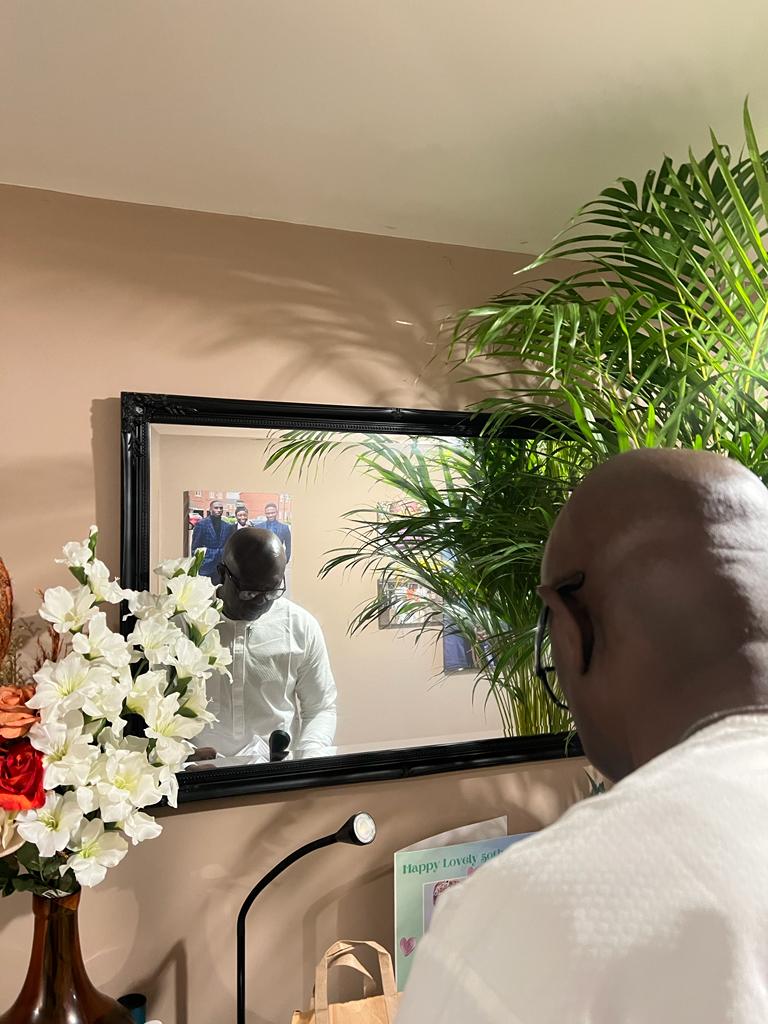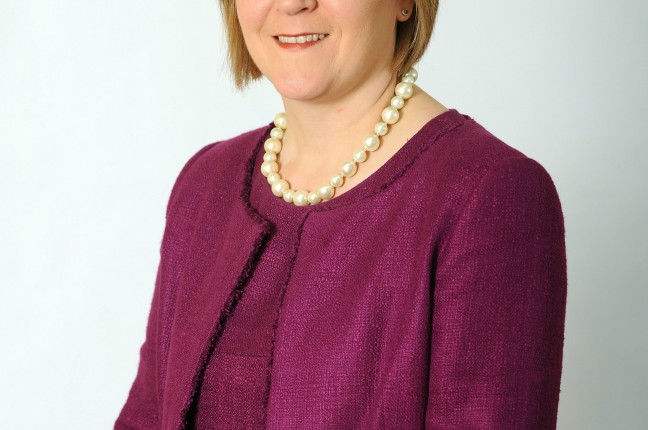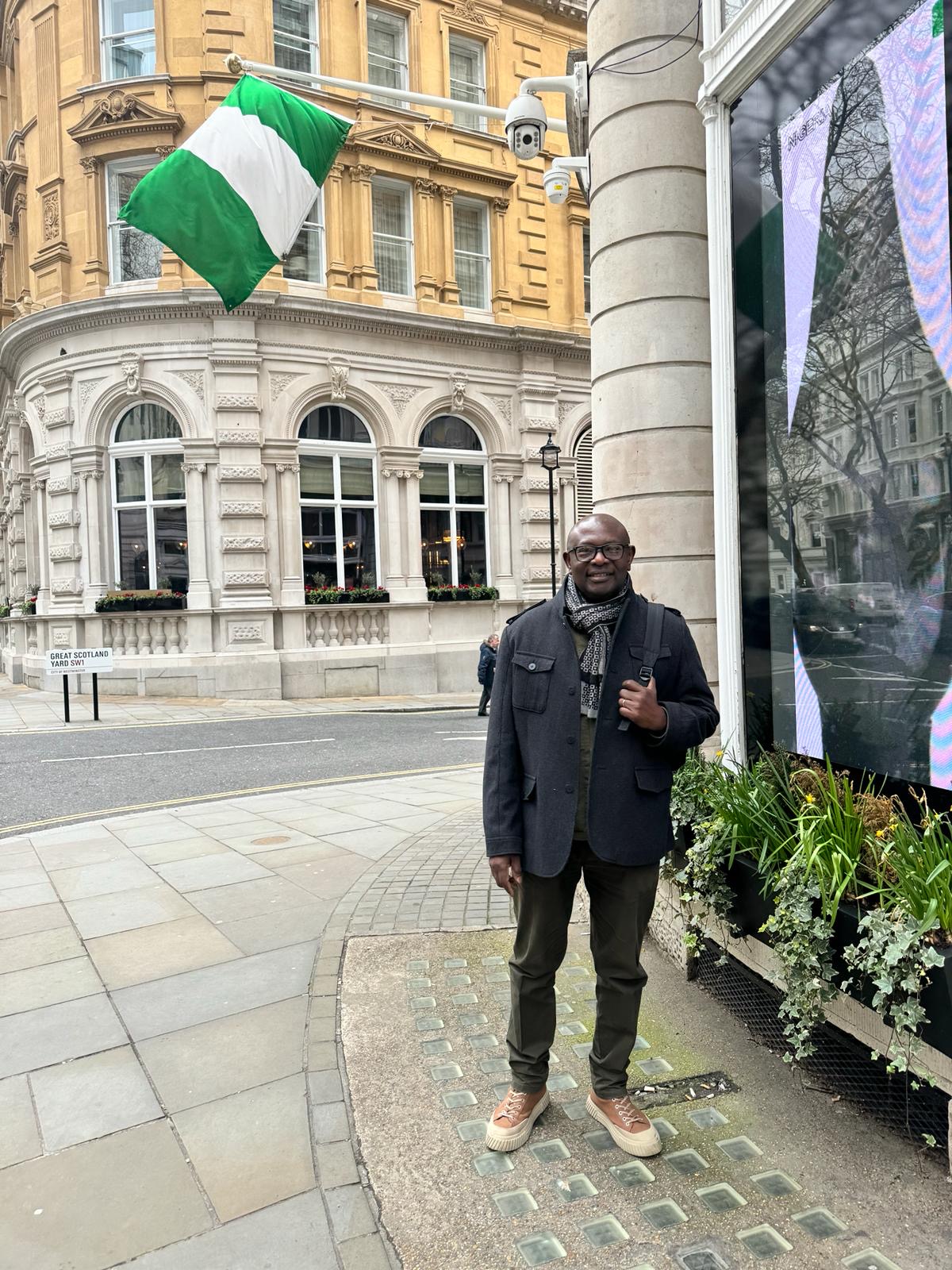by M. Babajide Alabi
The results of the United Kingdom 2015 General Elections threw up many shock defeats for some of the major political parties and clear gains for others. The elections, projected to be the most indecisive in the history of the country turned out to be one that the people of Great Britain rose up and made a clear choice for the continuation of the Conservative Party government.
The Tories led by incumbent Prime Minister David Cameron won with a clear majority of 331 seats in the house of parliament against Labour’s 232. While in the north of the UK border, the Scottish Nationalist Party (SNP) won fifty six of the fifty nine seats on offer. It was the largest gain in the history of the party. A feat that completely swept the Labour Party out of contention after so many decades of tight hold on most of the seats in Scotland.
As it is the tradition of the country, Cameron with the clear majority to form a government took a mid day trip to the palace for an audience with Queen Elizabeth to form the next government. With backing of the Queen, Cameron on the steps of No 10 Downing Street declared that he and his party hope to govern a united country.
The election was projected to bring up a hung parliament with none of the two major political parties winning a majority to form the next government. As a result of these projections, there were talks of coalition and deals among the political parties even before the elections campaigns kicked off. The minority parties, such as Green Party, United Kingdom Independence Party (UKIP), the Liberal Democrats (LibDem) and the SNP had a false idea they stood the chance of forming coalition government with either the Conservative Party or the Labour Party.
The opinion polls conducted by various organisations did not give majority to any of the Tories or Labour. The Conservative Party led by the incumbent Prime Minister David Cameron, according to the polls had a small margin lead over the Ed Miliband-led Labour Party, but not expected to reach the 326 seats majority mark. This “small margin” gap must have given the Labour Party leader the energy he needed for the final push to turn in the “votes”.
When the exit poll result was announced on election night, the “wishes” of Miliband, LibDem’s Nick Clegg and UKIP’s Nigel Farage took painful blows as they never envisaged the dramatic turn in the outcome. It was a clear departure from the opinion polls results for the past weeks before the elections. The exit poll was clear as it gave a majority win to the Tories while it forecast a clean sweep for the SNP in Scotland and a “bad” outing for LibDem.
The Labour Party and the supporters were in shock but refused to believe the exit polls result. Instead they indicated the possibility of Miliband forming a minority government. The Labour leaders played ostriches, with heads buried in the sand, came on air to remind the public that exit polls had been wrong in the past, and therefore this might be as unreliable.
The reality of the exit polls was not lost on Miliband and his team forever. After the initial lead for Labour by the victories in Sunderland, the tide changed as the Tories made significant gains, in Labour and LibDem constituencies. It is not clear at what point Miliband accepted that his ‘desperate’ dream of becoming the next Prime Minister would never become a reality, but in the early hours of Friday, he openly lamented the painful defeat of Labour.
Just a few minutes before Cameron formed the government, Miliband announced his resignation as leader. In the speech, he apologised to supporters that he “was truly sorry” for the defeat. He called on his party members to plan ahead and take back the mantle of leadership in the country.
It was a sad stance also in the Deputy Prime Minister Nick Clegg’s abode, as the harsh reality of defeat hit him. Clegg, by his pre-elections statements had thought he would still be an appealing bride to the Tories in the event of an hung parliament. He seemed confident, contrary to public opinions, that his party would be the surprise of the elections. He was right, as LibDem had a “drubbing” of their existence with big losses.
The goodwill Clegg and his party gained in the 2010 election seemed to have evaporated with the participation in the coalition government. While Clegg managed, by small margin, to keep his Sheffield Halam seat, some of his senior colleagues were not as lucky. The likes of Danny Alexander, Vince Cable and Ed Davey all went down on “a cruel and punishing night for Liberal Democrats”.
Before the election, Nigel Farage thought UKIP was the party to watch out for. He moved from one city to another campaigning for votes based on anti-immigration and anti European Union sentiments. He was flamboyant and colourful in his choice of words and venues. The British people, especially his constituents, saw through his gimmicks and withdrew their supports for him. When the result for the South Thanet seat was announced, Farage was a pitiable man on the rostrum.
When he announced his resignation as leader of UKIP, it was clear that Douglas Carlswell, the 2014 Tory defector would be a Lone Ranger in the parliament. His co-defector, the promising Mark Reckless who won a bye election late last year, was “beaten” hands down this time around. The support for UKIP could only translate to second best in some constituencies.
The SNP leader, Nicola Sturgeon is a woman you cannot easily put down. She is fiery, domineering and sometimes come across as a desperate politician, but no doubt, a good hit with her fellow Scots. Prior to the elections, Nicola tried unsuccessfully to draw Miliband into promising a coalition government in case of hung parliament. Her words were that Labour and SNP should come together to see the back of Cameron out of 10 Downing Street.
She needed not worry. For the first time in the British parliament, the Scots will command the third largest party. The victory completely annihilated the Scottish Labour Party as SNP routed the party even in constituencies where it held a wide margin in the previous elections. The gain of SNP was the loss of Labour, and leader Jim Murphy.
The surge of support for the SNP gained momentum just before the 2014 Scottish Independence Referendum. The former leader, Alex Salmond and his lieutenants, including Nicola, rekindled the nationalism fire in their compatriots. Although they could not win a majority to take Scotland out of the Union, they made the SNP a party to reckon with.
The loss of Labour in England has been largely attributed to the “English” card played by the Tories. The Conservative Party’s victory at the election was engineered on the English’ resistance to the Scottish. The party did not hide their game plan and at every opportunity sounded this out to the English people by repeatedly announcing that a vote for Labour was a vote for the SNP. There were billboards depicting Miliband as a weak leader who will need the support of the SNP to run a British government.
Yes, no Englishman or woman wanted a Scottish party to govern him or her. Miliband not only got “roasted” for his not-properly-thought-through policies, he lost to the English nationalism “fire”. He would rather be sacrificed, than give an inch to the Scots down south. While on the other hand, the Scots thought they were voting SNP to clear out Cameron, not realising they were actually digging Miliband’s political grave.
For the United Kingdom, it is a new day, new dawn and new government with a clear majority. However, the man at the centre, Cameron, knows he has an arduous task in keeping the union going.
Published in Sunday Vanguard of 10th May, 2015. http://www.vanguardngr.com/2015/05/behold-the-scots-are-coming-to-london/







